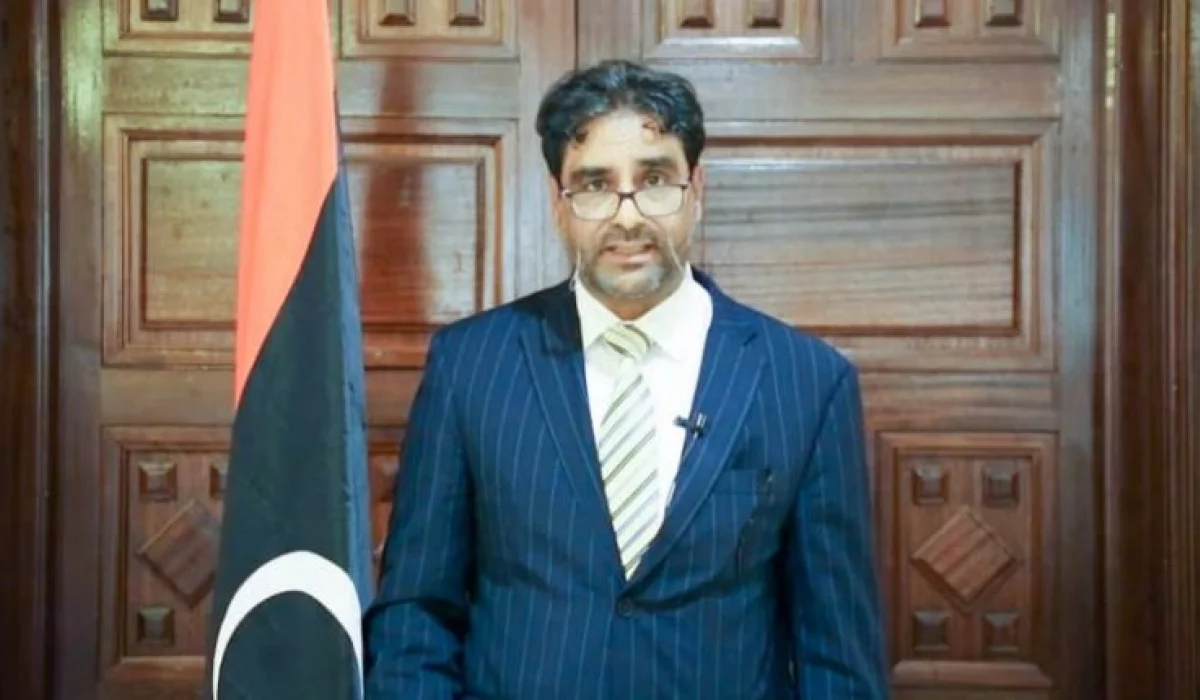
| Economic articles
Nassiyah Writes: “The Collapse of the Administrative and Financial Oversight System in Libya – Causes and Consequences”
Economic expert Dr. Abdussalam Nassiyah wrote an article titled: The Collapse of the Administrative and Financial Oversight System in Libya – Causes and Consequences
Administrative and financial oversight constitutes the cornerstone of any sound governance system, as it serves as a fundamental guarantee for protecting public funds and ensuring that government entities comply with laws and regulations.
In Libya, the Administrative Control Authority and the Audit Bureau were supposed to carry out this vital role according to the laws regulating their work. However, this system has recently been suffering from a rapid collapse that has rendered it ineffective.
The importance of effective oversight is evident in preventing financial and administrative corruption, ensuring efficient public spending, and strengthening the trust between citizens and the state. Nevertheless, the subordination of these bodies to individuals and their entanglement in political conflicts have turned them from tools meant to protect the public interest into instruments used in the struggle for power and resources.
Oversight bodies in Libya have become hostages to the political conflicts between rival parties, with their leadership appointments based on regional quotas, personal loyalties, and the influence of weapons and money. This has stripped them of their independence and turned them into tools of political conflict rather than neutral watchdogs.
The deep infiltration of political conflicts into the work of oversight bodies has transformed them from instruments of accountability into instruments of power struggles. Instead of focusing on their core functions of monitoring financial and administrative performance, these bodies have become parties in the political conflict, which has undermined their credibility and effectiveness.
One of the main reasons behind the collapse of the oversight system in Libya is the shift in the allegiance of its leadership from official institutions to individuals, political leaders, and militia commanders. Instead of being independent entities under the legislative authority as prescribed by law, oversight bodies have become subject to the will of individuals, political factions, and militia leaders, resulting in a loss of both sharpness and independence.
As a consequence, the weakening of oversight has led to the spread of corruption in Libya. Audit Bureau reports have revealed significant financial violations across various ministries and institutions. Without effective oversight, public funds have become prey to theft and waste.
Furthermore, the absence of effective oversight over the performance of government agencies has led to a decline in services provided to citizens, as resources are diverted from essential services to illegitimate channels.
Thus, the collapse of the oversight system has contributed to the erosion of citizens’ trust in state institutions, as there are no longer sufficient guarantees for the protection of public funds or the integrity of governmental transactions.
To reform the oversight system, the following must be ensured: • Guarantee the independence of oversight bodies from political conflicts, so their allegiance returns to constitutional institutions, not individuals—as the law stipulates. This requires a comprehensive reform of the appointment and dismissal mechanisms of their leadership. • Provide adequate legal and material protection for oversight employees to enable them to perform their duties without fear of retaliation or pressure. • Establish institutional mechanisms to follow up on the implementation of oversight report recommendations and create special prosecutors to handle violations and crimes.
Finally, the collapse of the administrative and financial oversight system in Libya represents one of the root causes of the continued crisis of the Libyan state. These bodies have shifted from tools meant to protect public funds into instruments used in political conflict.
Reforming this system requires genuine political will, starting with restoring the independence of oversight bodies, protecting them from political interference, enhancing their technical capacities, and ensuring the implementation of their recommendations.





